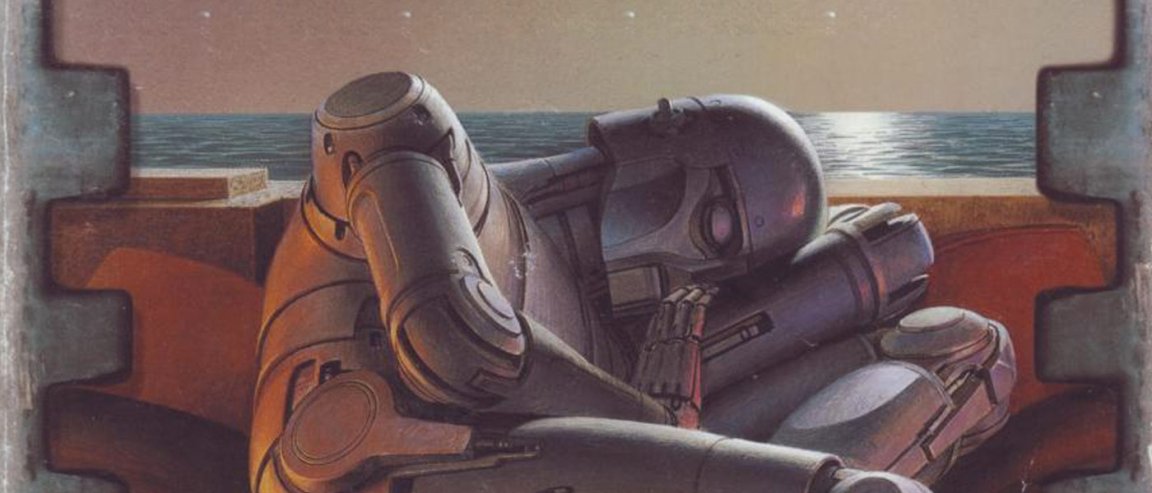
Learning Through Dreams
What happens when you sleep? Sleeping is more than just merely resting our bodies. In sleep, processes vital to the maintenance of our bodies occur like a computer rendering memories from and information learned in the day. Dreams are vital to stabilizing memory. In dreaming, the brain integrates new pieces of memory to old ones, helping us solidify these into long-term memories.
If sleep and dreams can help keep the complex human body running, Google believes that the same can be applied for their AI. Google DeepMind, an advanced neural network, is pioneering new technology that allows the program to dream in order to enhance its rate of learning. In the Google research group’s paper on the Cornell University ArXiv, the team likened human dreaming to the “unsupervised auxiliary tasks” used to train their programs.
The DeepMind AI’s dreams are of scenes from video games like Starcraft II and Labyrinth. The prompts in the video games help the AI learn to recognize challenges in the game, helping it make better decisions when it is being tested on the game controls. Impressively, dream training resulted in increased performance from Deepmind. The AI rated 880 percent expert human performance in Atari games, and on the game Labyrinth, it had a learning rate ten times faster that previous iterations of the AI.

The Future’s AI
Perfecting video games is merely training ground for DeepMind before it moves on to functions like facial detection or cancer research. AI already plays a huge role in today’s society, optimizing systems in a wide range of industries.
Improving how these bots learn could unlock a better future for us. It does raise some concerns on the uncontrolled training AI experiences over dreaming. While Google and other companies developing neural networks definitely don’t intend for the AI to turn against humans, it’s a possibility that could be fed into an AI’s dreams. The “reveries” in the universe of Westworld allowed for that fictional AI to exhibit some unintended (ahem) consequences. But chances are we won’t be seeing that here.
The methods, though racking up impressive results, are still experimental, and Google is still doing numerous tests. For now, we’re all looking forward to what could be the best AI yet.